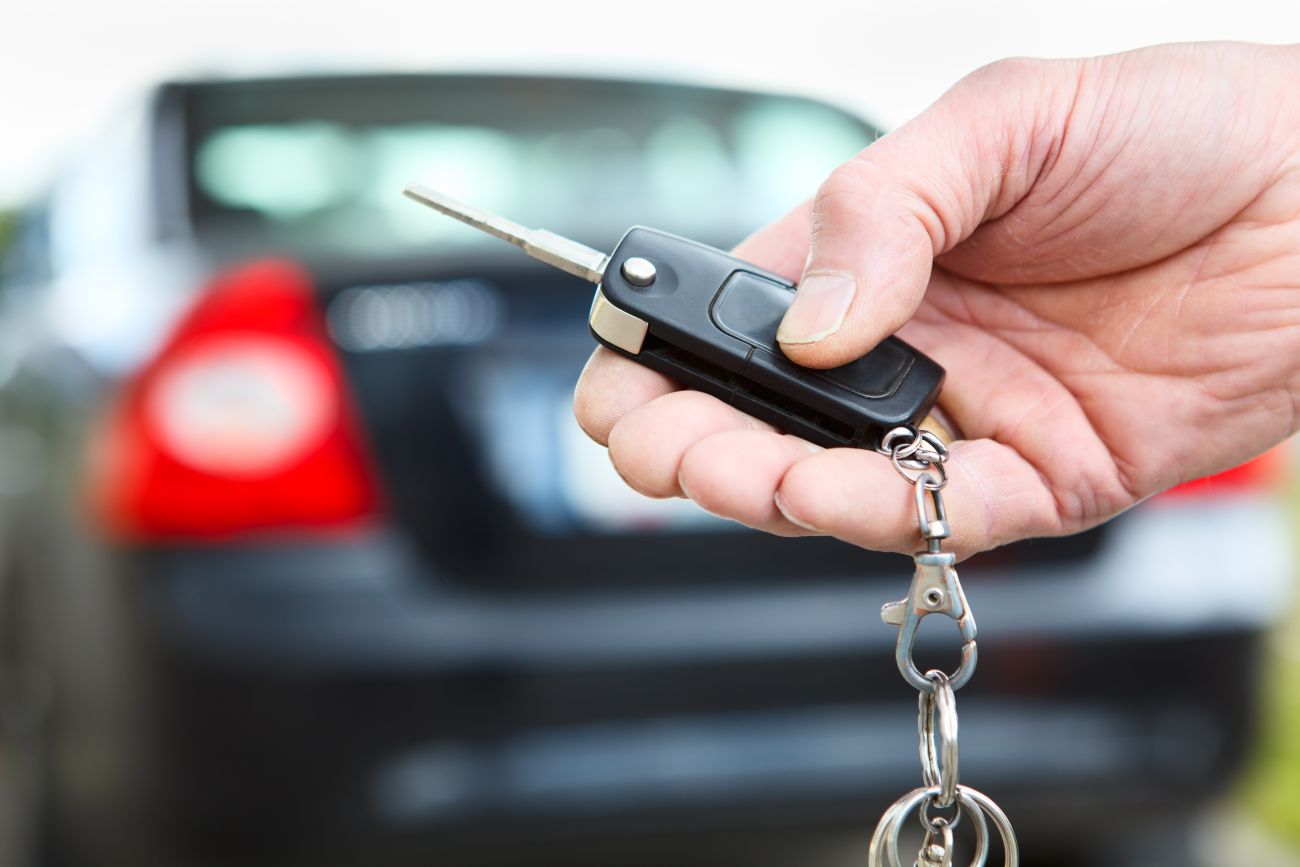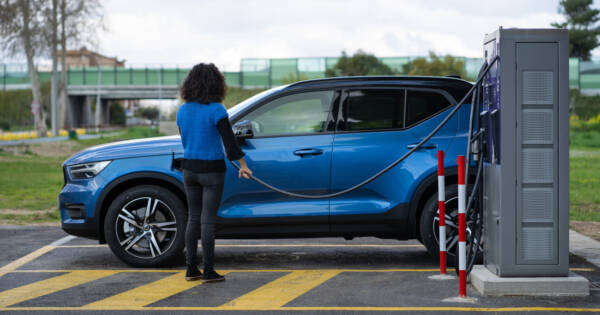Renting a car for the first time can be daunting if you don’t know what to expect. Fortunately, with a bit of advance planning, you can have everything prepared before you reach the car rental agency’s desk. By knowing what you’ll need and taking the time to gather the necessary paperwork, you can ensure that your car rental goes smoothly.
There are several reasons why you may wish to rent a car:
- You’re going on vacation and need a vehicle at your destination
- You’re on a business trip and require transportation beyond a taxi
- Your own car is in the shop for repairs and you need a temporary replacement
- You’d like a nicer car to drive to a special event or occasion
Regardless of your reason for renting a car, the process is handled in roughly the same way.
How to Rent a Car
There are multiple well-known car rental companies that operate national chains. These companies often have desks set up at airports for easy rentals at any destination. However, picking up a car at the airport is often much more expensive than picking one up at an off-site location. Additionally, there may be reputable car rental agencies that are locally owned and operated. It’s worth shopping around to find the best deal before committing to a particular agency.
When renting a car, you’ll usually have the option of booking in advance or of simply approaching the rental desk and asking for one. Booking in advance poses a few advantages: First, you’ll have a greater variety of vehicles to choose from; second, you may be able to lock into better rates. You can book online through the rental agency’s website or through a general travel site. You can sometimes get good deals on car rentals in conjunction with low-price airfare or hotel stays when you book through a travel site.
Once you’ve set up a reservation or approached the rental desk, you will need to provide some basic information to the rental agency. At that point, you will provide payment for the vehicle and provide a credit card that a “hold” can be placed on. This hold is used to cover damages to the vehicle and will be reimbursed to you when the vehicle is returned.
When you set up the rental, you will agree on a time, date and location for the vehicle to be returned. Failing to return the vehicle on time will usually result in additional fees.
What You Need in Order to Rent a Car
In order to rent a vehicle, you will need:
- A valid driver’s license
- A credit card
- Proof of insurance
In general, any driver over the age of 25 should be able to rent a vehicle. Some rental companies may allow drivers between the ages of 18 and 25 to rent a car, but the rates may be higher to compensate for the increased risk posed by younger and more inexperienced drivers. A rental agency will not generally rent a car to a minor.
Some rental companies are also relaxing their rules regarding credit card usage. Although putting a hold on a credit card is still standard, some companies will allow you to use a debit card instead. However, bear in mind that the hold placed on your debit card will limit the available funds in your bank account. Some drivers may find this to be inconvenient, especially as the funds may take several days to return to your account after the vehicle has been returned.
Insurance and Rental Cars
In general, your own car insurance should transfer to a rental vehicle while you are driving it. However, you will still be responsible for the deductible, and filing a claim for rental car damage can be a bit of a hassle. For this reason, many drivers choose to purchase the additional insurance protection offered by the car rental agency.
In some cases, this protection is quite affordable and can make handling repairs very simple if you are involved in an accident or the car sustains any damage while in your care. Be sure to ask the rental agency about car insurance options when you sign up for a vehicle.
Traveling Abroad
If you will be traveling to a different country, you may wish to rent a vehicle at your destination. Beware, however, that driving in a foreign country may be a bit different than what you’re used to at home. Also recognize that some countries will require you to obtain an International Driving Permit (IDP) before you can legally drive or rent a vehicle in that country. Research this in advance as different countries have different rules and expectations.
If you do need to obtain an IDP, you will need to get one before you leave the U.S. You can discuss obtaining an IDP with your local Department of Motor Vehicles; they should be able to provide you with the information necessary to obtain one.
Otherwise, renting a vehicle in another country is basically the same as renting one in the U.S. Most national car rental chains have an overseas presence, often with rental agencies located in the airport. You can also book online with a local company at your destination and may be able to save some money in that case.
Before traveling, check with your auto insurance provider to determine whether your insurance would cover damage to a rental car driven overseas. In many cases, insurance companies only cover claims that occur in specific countries; it’s often a good idea to purchase insurance from the rental agency as well as travel insurance in order to cover all of your bases.
Once you arrive to pick up your vehicle, clarify any additional rules with the rental company. For example, there may be restrictions on driving over country borders with a rental car.
Whether you’re renting a vehicle in your home town or setting up a rental in a distant country, knowing what to expect can help you to plan ahead and be prepared before you arrive at the rental desk.
 Kekyalyaynen / Shutterstock.com
Kekyalyaynen / Shutterstock.com


